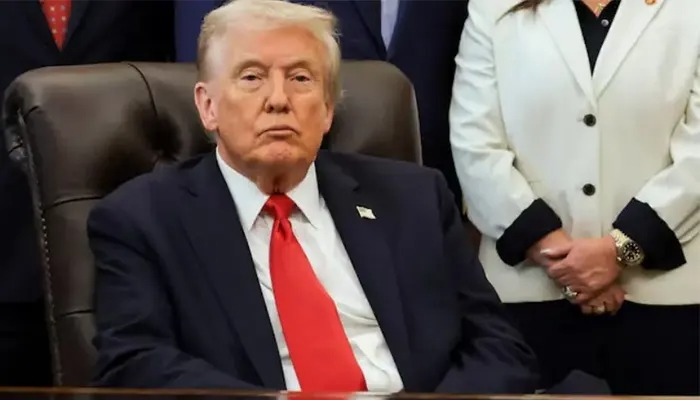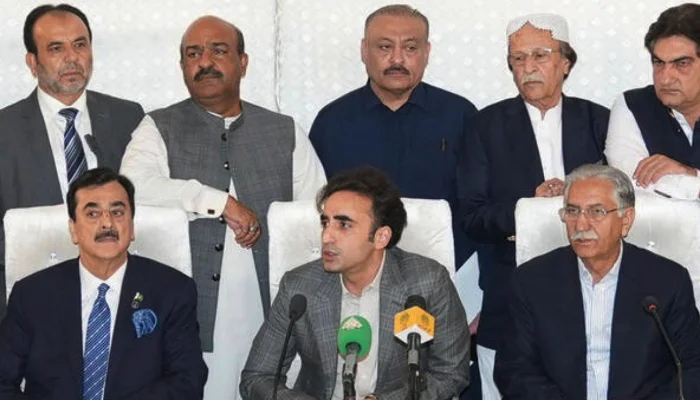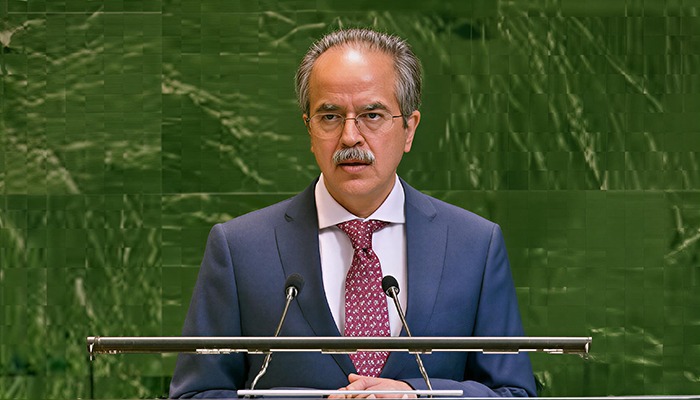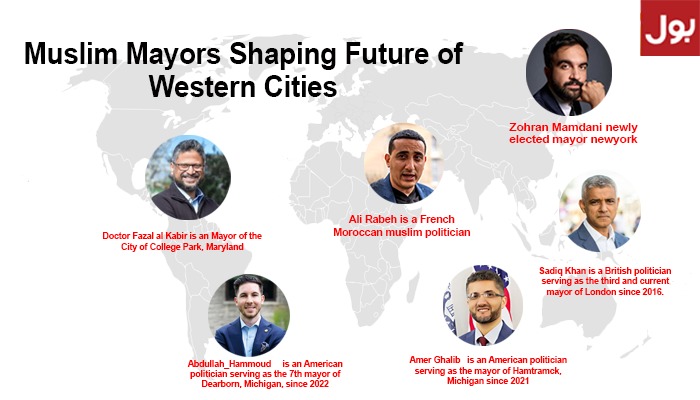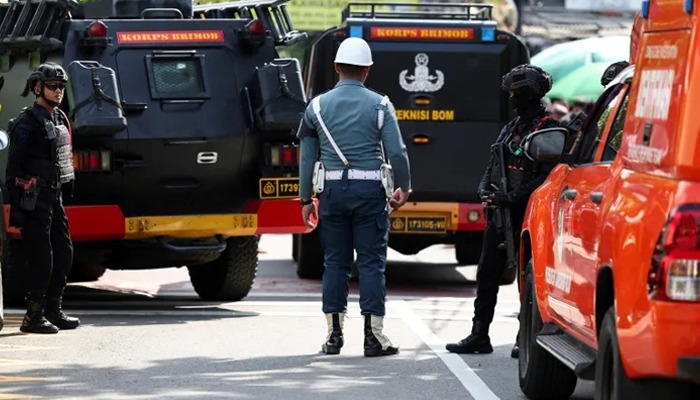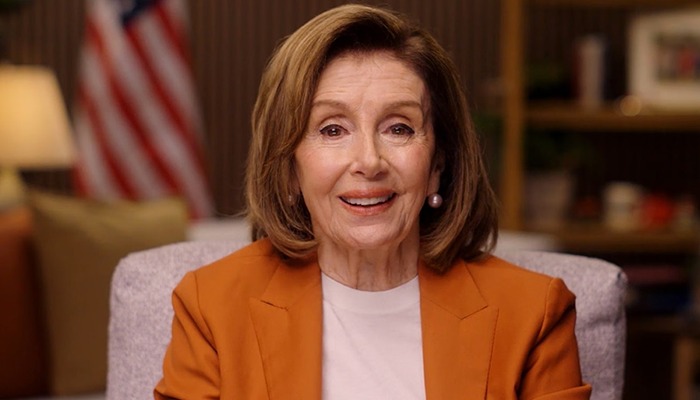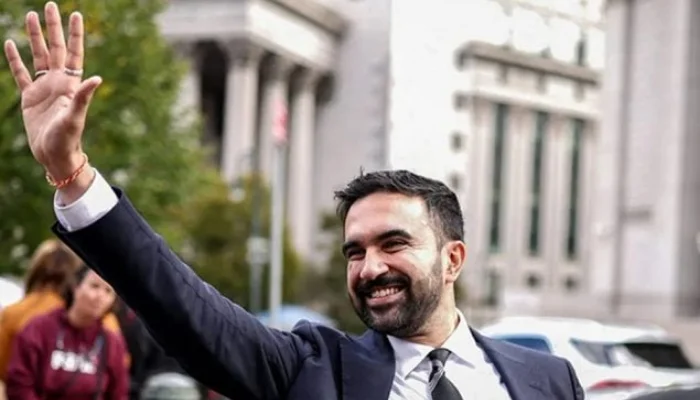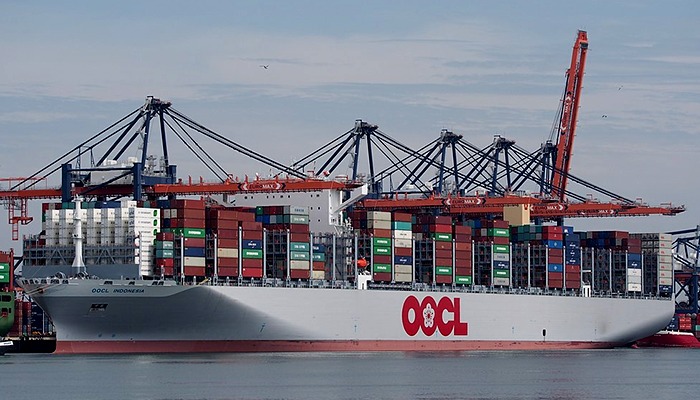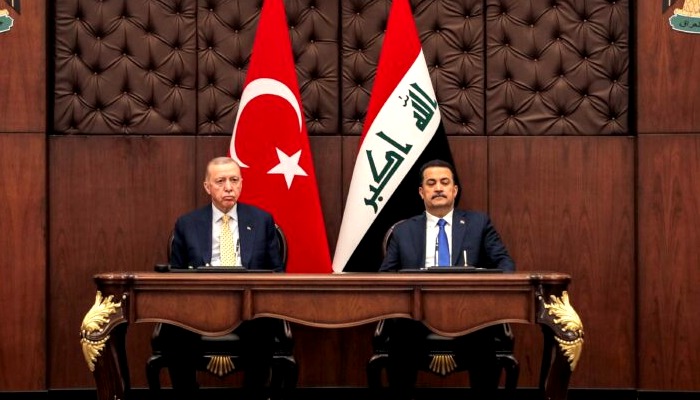WASHINGTON: U.S. President Donald Trump announced Thursday that Kazakhstan is set to join the Abraham Accords, the landmark series of normalization agreements between Israel and several Muslim-majority nations.
The announcement followed a trilateral call between President Trump, Israeli Prime Minister Benjamin Netanyahu, and Kazakh President Kassym-Jomart Tokayev. A signing ceremony to make the accession official is expected soon.
The Kazakh government confirmed the move, calling it a “natural and logical continuation” of its foreign policy focused on dialogue and regional stability.
Kazakhstan already maintains full diplomatic and economic relations with Israel, meaning the step would be largely symbolic.
U.S. Secretary of State Marco Rubio said the move represents “an enhanced relationship beyond just diplomatic relations,” adding that it would open broader economic and development cooperation with other signatories.
The announcement came during a White House meeting between Trump and five Central Asian leaders — from Kazakhstan, Kyrgyzstan, Tajikistan, Turkmenistan, and Uzbekistan as Washington seeks to expand its influence in a region historically dominated by Russia and increasingly courted by China.
U.S. special envoy Steve Witkoff confirmed he would return to Washington for the signing ceremony, while officials hope Kazakhstan’s entry will reinvigorate the Abraham Accords, whose expansion had stalled during the Gaza conflict.
The Abraham Accords, one of Trump’s key foreign policy achievements during his first term, were initially signed in 2020 by Israel, the United Arab Emirates, and Bahrain, later joined by Morocco.
Trump has said he remains optimistic that Saudi Arabia will eventually join the accords, though Riyadh has maintained it will not normalize ties with Israel without progress toward Palestinian statehood. Crown Prince Mohammed bin Salman is expected to visit Washington on November 18.
What is Abraham Accords?
The Abraham Accords are a set of peace agreements that normalized relations between Israel and several Arab countries, starting with the United Arab Emirates (UAE) and Bahrain.
Announced in August and September 2020 and officially signed at the White House on September 15, 2020, the accords were brokered by the United States during Donald Trump’s presidency.
These deals were historic because they marked the first time since Jordan’s peace treaty with Israel in 1994 that Arab nations officially recognized Israel.
The agreements opened the door to new partnerships in trade, security, and tourism across the region. In the months that followed, Sudan and Morocco also agreed to establish ties with Israel, although Sudan’s agreement still hasn’t been fully ratified as of 2024.
By mid-2025, during Trump’s second term, efforts were reportedly underway to expand the accords to include Syria, Lebanon, and Saudi Arabia. Then, in November 2025, Kazakhstan became the newest country to join the framework, extending the accords’ influence beyond the Middle East and into Central Asia.

